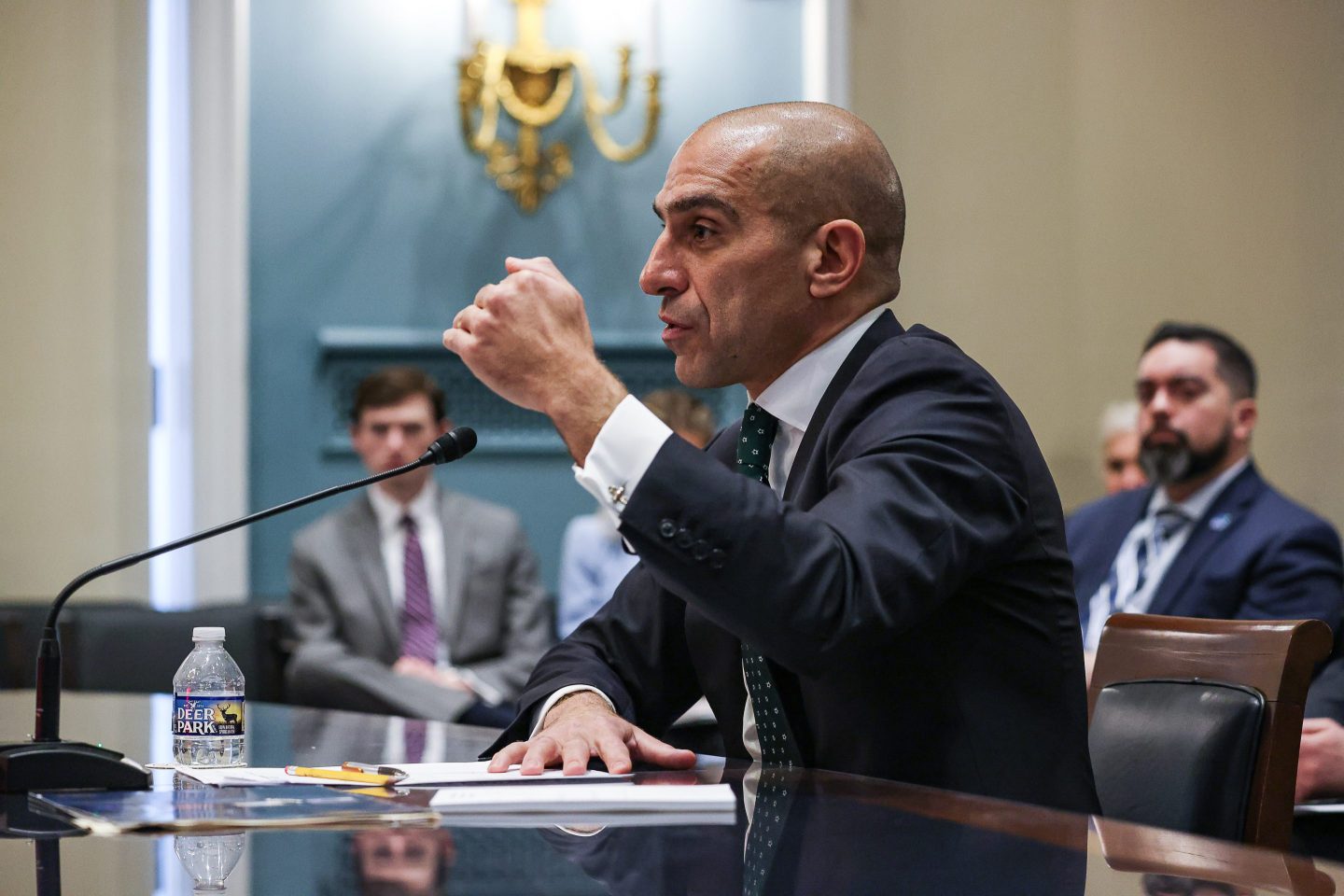Americans have increasingly embraced digital assets, with ownership jumping from 30% in 2023 to 40% in 2024, according to the Cryptocurrency Adoption and Sentiment Report. This surge in digital asset adoption underscores the importance of robust regulatory frameworks to protect consumers and foster innovation. The U.S. House of Representatives has taken a significant step in this direction by passing the Financial Innovation and Technology for the 21st Century Act (FIT21), a bipartisan bill designed to modernize U.S. securities laws and support the burgeoning digital asset market. The responsibility now lies with the Senate to finalize this crucial legislation.

Consumer Protection and Financial Inclusion
FIT21 offers a comprehensive approach to consumer protection in the digital asset space. The bill includes provisions to separate consumer funds from institutional funds, provide risk disclosures, extend bankruptcy protections, and address conflicts of interest. These measures are designed to enhance transparency, allowing regulators and consumers to identify and mitigate fraud before it escalates. Additionally, FIT21 includes stringent anti-money laundering and counter-terrorism financing provisions, as well as robust cybersecurity standards to safeguard America’s financial infrastructure.
Promoting Innovation and Economic Mobility
One of the key objectives of FIT21 is to create a clear and consistent regulatory framework for digital assets. Currently, the lack of regulatory clarity has driven American innovators to offshore markets and imposed significant compliance burdens on small businesses. FIT21 aims to reverse this trend by providing a well-defined regulatory environment that encourages innovation within the United States. This is crucial for maintaining U.S. leadership in the global digital economy and ensuring that the benefits of digital assets are accessible to all Americans.
Economic Impact and Global Leadership
The passage of FIT21 is not just about supporting individual companies; it has broader implications for the U.S. economy and global leadership in digital technology. In 2018, 40% of U.S. developers were working on Web3 projects, but this figure dropped to less than 26% by 2023, according to the Electric Capital Crypto Developer Report. By passing FIT21, Congress can provide long-term stability for the digital assets market, creating a safer and more inclusive investment environment for consumers. Moreover, it will solidify the United States’ position as a global leader in the digital economy, attracting talent and investment to American shores.
The Senate’s Role in Shaping the Future
The House has done its part by passing FIT21 with strong bipartisan support. The ball is now in the Senate’s court. By approving this legislation, the Senate can ensure that the United States remains at the forefront of digital innovation and financial inclusion. FIT21 represents a critical opportunity to provide the regulatory certainty needed for the digital asset industry to thrive, benefiting consumers, businesses, and the broader economy. Senators, let’s get FIT21 across the finish line and secure America’s leadership in the digital age.